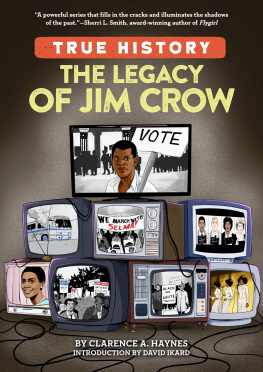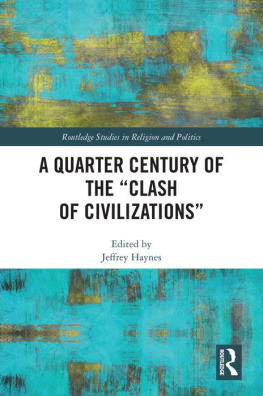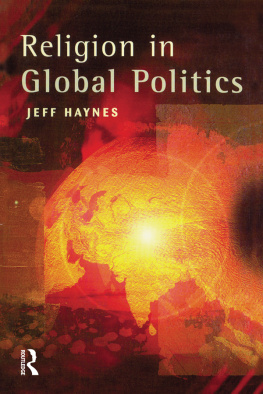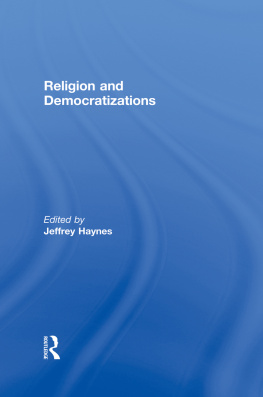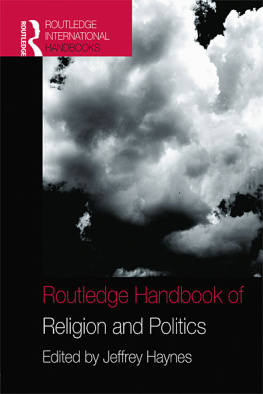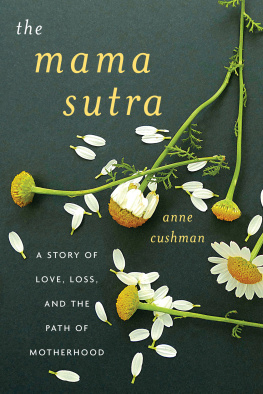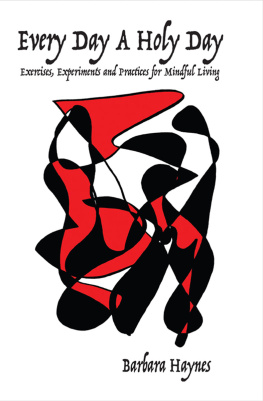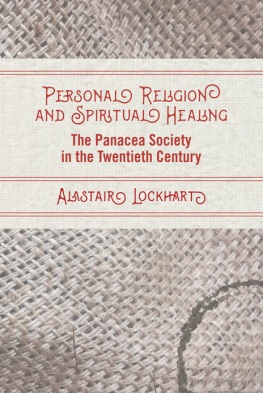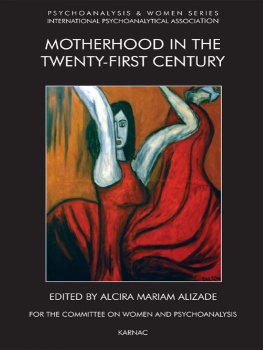Rosetta R. Haynes - Radical Spiritual Motherhood: Autobiography and Empowerment in Nineteenth-Century African American Women
Here you can read online Rosetta R. Haynes - Radical Spiritual Motherhood: Autobiography and Empowerment in Nineteenth-Century African American Women full text of the book (entire story) in english for free. Download pdf and epub, get meaning, cover and reviews about this ebook. year: 2011, publisher: LSU Press, genre: Politics. Description of the work, (preface) as well as reviews are available. Best literature library LitArk.com created for fans of good reading and offers a wide selection of genres:
Romance novel
Science fiction
Adventure
Detective
Science
History
Home and family
Prose
Art
Politics
Computer
Non-fiction
Religion
Business
Children
Humor
Choose a favorite category and find really read worthwhile books. Enjoy immersion in the world of imagination, feel the emotions of the characters or learn something new for yourself, make an fascinating discovery.

- Book:Radical Spiritual Motherhood: Autobiography and Empowerment in Nineteenth-Century African American Women
- Author:
- Publisher:LSU Press
- Genre:
- Year:2011
- Rating:5 / 5
- Favourites:Add to favourites
- Your mark:
Radical Spiritual Motherhood: Autobiography and Empowerment in Nineteenth-Century African American Women: summary, description and annotation
We offer to read an annotation, description, summary or preface (depends on what the author of the book "Radical Spiritual Motherhood: Autobiography and Empowerment in Nineteenth-Century African American Women" wrote himself). If you haven't found the necessary information about the book — write in the comments, we will try to find it.
In this cutting-edge work, Rosetta R. Haynes explores the spiritual autobiographies of five nineteenth-century female African American itinerant preachers to discover the ways in which they drew upon religion and the material conditions of their lives to fashion powerful personas that enabled them to pursue their missions as divinely appointed religious leaders. Haynes examines the lives and narratives of Jarena Lee (1783--?), Zilpha Elaw (c. 1790--?), Julia Foote (1823--1900), Amanda Berry Smith (1837--1915), and Rebecca Cox Jackson (1795--1871) through an innovative conceptual framework Haynes terms radical spiritual motherhood -- an empowering identity deriving from the experience of sanctification, a kind of spiritual perfection following conversion.
Drawing upon conventional nineteenth-century standards for motherhood, radical spiritual motherhood also challenges traditional standards: These were women whose religious missions authorized them to preach in public, to assume an activist role, and to declare sexual autonomy through celibacy. They redefined their relationships to the powers that be by becoming instruments of God in a kind of protofeminist gesture. Haynes uses historical methods, feminist literary theory, and liberation theology to investigate the ways these women, as reflected especially in their autobiographies, employed the idea of motherhood to fashion strong, authentic identities as women called to preach the gospel.
Though radical spiritual motherhood is an identity specifically adopted by free black women, the lives and texts of these itinerant preachers retain close ties to those of enslaved black women through the negative cultural stereotypes assigned to both groups. To illustrate this connection, Haynes analyzes the writings of the preachers within the context of the narratives of former slaves Harriet Jacobs, Mary Prince, and Sojourner Truth.
Haynes also links the lineage of radical spiritual motherhood to a modern woman by considering Pauli Murray (1910--1985), the first African American woman (and the second African American) to be ordained as an Episcopal priest. By looking at Murrays intellectual and spiritual development, especially her feminist ideologies, social activism, and espousal of liberation theology, Haynes shows that Murray was in fact a modern-day radical spiritual mother.
Pioneering and accessible, Radical Spiritual Motherhood marks a turning point in the study of both African American literature and womens studies.
Rosetta R. Haynes: author's other books
Who wrote Radical Spiritual Motherhood: Autobiography and Empowerment in Nineteenth-Century African American Women? Find out the surname, the name of the author of the book and a list of all author's works by series.

